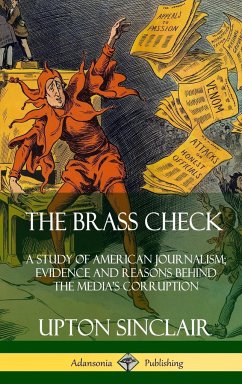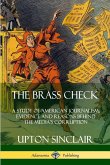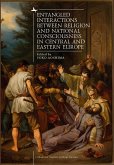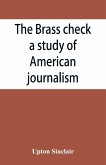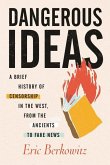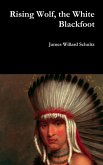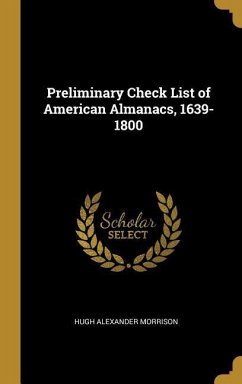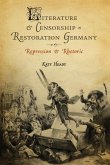Turning his muckraking talents to journalism itself, Upton Sinclair exposes a variety of the news media's ingrained biases and its agenda-serving corruption. Upton Sinclair became famous for exposing filthy and inhumane conditions in the American meat packing industry at the turn of the 20th century. Following these revelations, new laws were made protecting factory workers and their conditions. Sinclair afterwards became a figure for condemnation - his personal life was scrutinized and subjected to spurious gossip and rumor, the cause being that the vast majority of newspaper corporations opposed his pro-worker, pro-regulation views. The title of this book alludes to a common practice in brothels: those frequenting these establishments would buy 'brass checks' to hand to the woman of their choice. Sinclair draws a parallel between such customers and the proprietors of the media, who delegate the promotion of their political, financial and social agendas to journalists willing to propagate such ideas.

